Richard Weiner

Top Takeaways From Our 2024 Tax Planning & Wealth Preservation Webinar
In this article: Strategic tax planning preserves wealth and ensures a lasting legacy. During AAFCPAs’ recent Individual/Family and Wealth Preservation webinar (October 2024), Jonathan Bloom, CFP®, AIF®, Joshua England, LLM, Esq., Richard Weiner, CPA, MST, CM&AA, Daniel Seaman, CPA, and Tyler Champagne, CPA, MSA shared wealth preservation insights including strategies to help optimize your tax […]
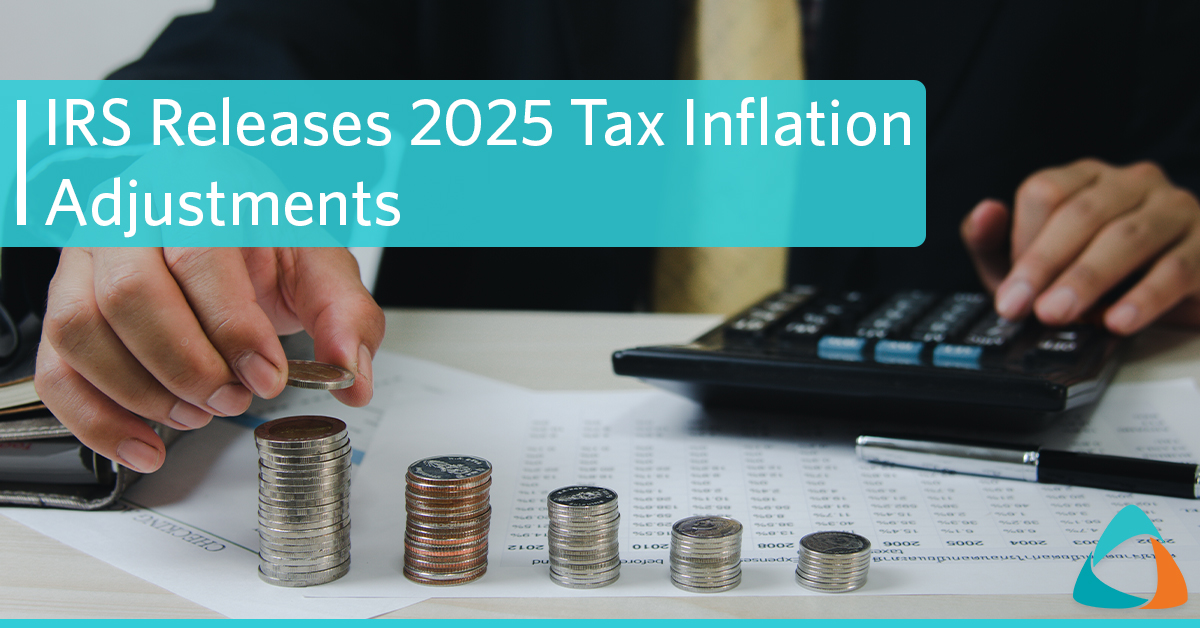
IRS Releases 2025 Tax Inflation Adjustments
The IRS announced tax adjustments affecting its 2025 standard deductions, tax rates, credits, and more. These changes, detailed in Revenue Procedure 2024-40, touch on more than 60 provisions aimed at helping taxpayers prepare for the 2026 tax season. Several adjustments are broadly relevant: Other areas also see adjustments. For Medical Savings Accounts, deductible limits increase […]
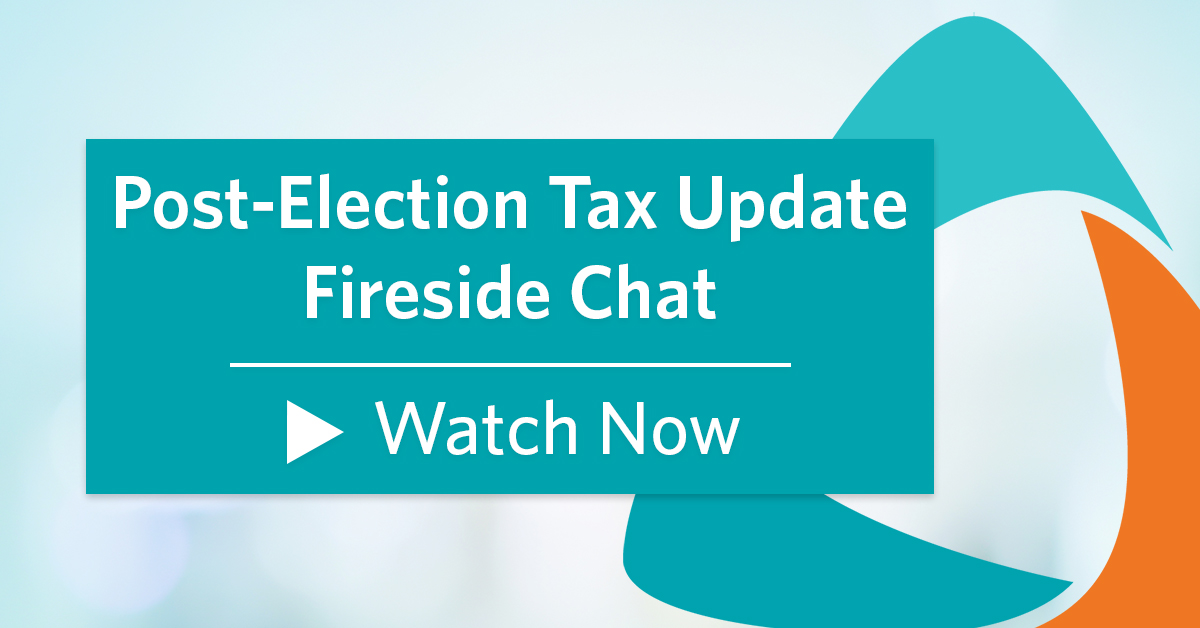
Election Impact on Taxes: Essential 2024 Strategies to Know
Webinar OnDemand: Post-Election Tax Update Fireside Chat AAFCPAs invites you to watch our special Post-Election Tax Update. Our tax advisors provide in-depth analysis of key outcomes of the 2024 U.S. presidential election and their potential impact on your tax planning. Details: Hear in-depth analysis of key election outcomes from the 2024 U.S. presidential election and […]

Webinar On-Demand – Year-End Tax Optimization for Individuals & Families: Key Insights to Save in 2024
Webinar: Year-End Individual/Family Tax and Wealth Preservation AAFCPAs invites you to watch our 2024 Individual/Family Tax and Wealth Preservation webinar, tailored to high-net-worth individuals. Watch us discuss tax strategies for preserving and growing your wealth. Details: Tailored to high-net-worth individuals looking to preserve and grow their wealth, this session offers insights on tax strategies and […]
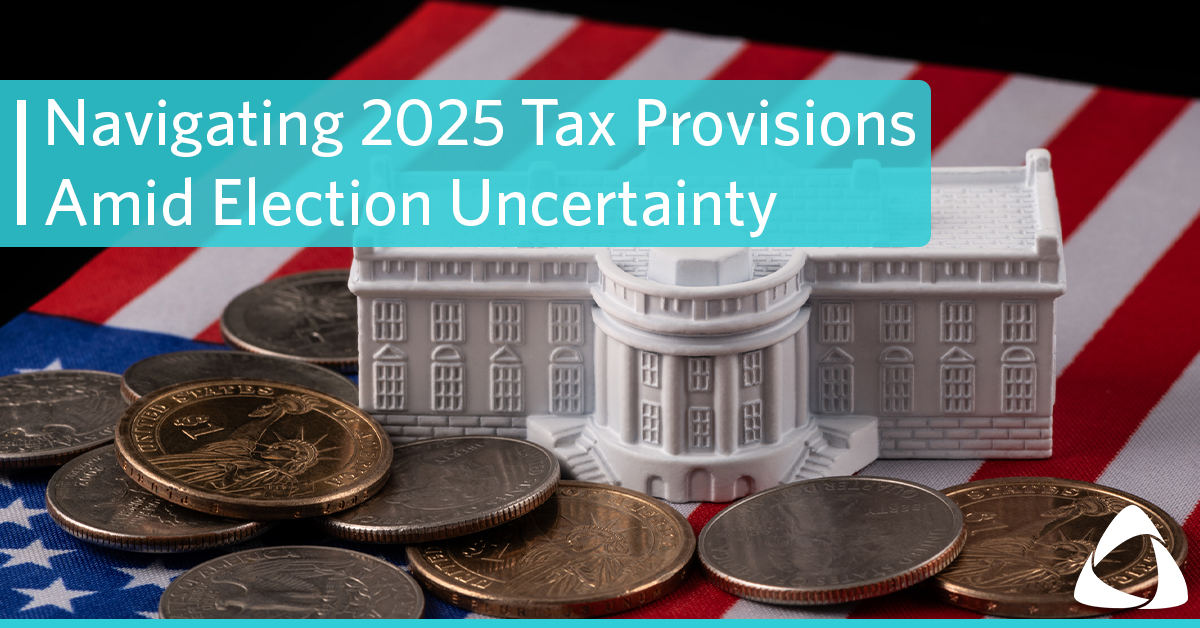
Navigating 2025 Tax Provisions Amid Election Uncertainty
AAFCPAs would like to make clients aware that there are several key tax provisions set to expire in 2025. While factors like inflation, election results, and the shifting political landscape may add complexity to tax planning, we advise that clients begin preparations now. Note that changes to estate tax exemptions, the State and Local (SALT) […]
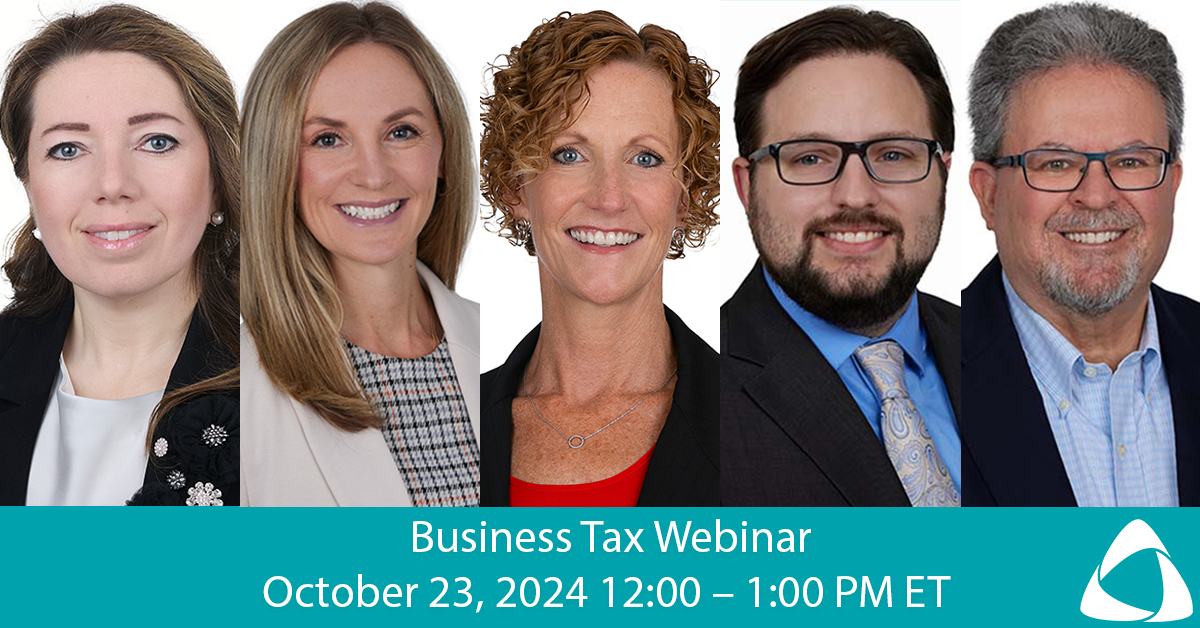
Essential Tax Moves Before Year-End: Watch Our Business Tax Webinar
Webinar: Year-End Tax Planning & Compliance for Privately Held Companies AAFCPAs invites you to watch our 2024 Business Tax Planning webinar, designed to provide essential year-end tax strategies to help you maximize your 2024 tax benefits. This session covers key regulatory changes and guidance for optimizing your tax position. Details: Focused on optimizing your business […]

Year-End Tax Webinars: Optimize Your 2024 Tax Strategy
Watch OnDemand: 2024 Year-End Tax Webinars Reviewing your tax strategies before the end of the calendar year is essential to uncover potential tax savings, ensure compliance, and optimize your financial decisions, which is why AAFCPAs annually hosts a series of complimentary webinars to help clients stay informed and prepared. Whether you are a business owner, […]

AUP vs. QofE Reports in Business Acquisitions
Could Agreed-Upon Procedures (AUPs) serve the purpose of a Quality of Earnings (QofE) report for certain business acquisitions? Buyers engaging in or evaluating potential transactions, mergers, or acquisitions (M&A) need to assess the true value of a business’s assets, liabilities, and intellectual property. Proper due diligence can be used to pinpoint synergies among entities, offer […]
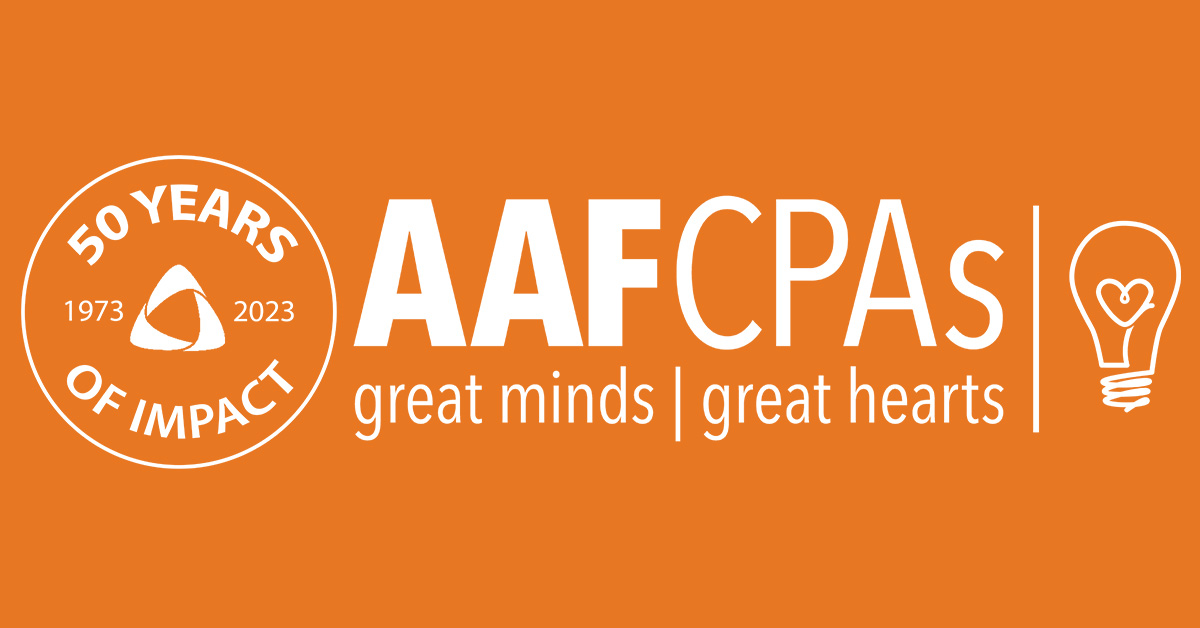
IRS Maintains Existing 1099-K TPSO Reporting Threshold for 2023
AAFCPAs would like to make clients aware that the IRS has announced a delay in implementing its new $600 1099-K reporting threshold for third-party settlement organizations (TPSOs), which include payment apps and online marketplaces like PayPal and Venmo, for calendar year 2023. This postpones the start of a 2021 law requiring that third-party settlement organizations […]
